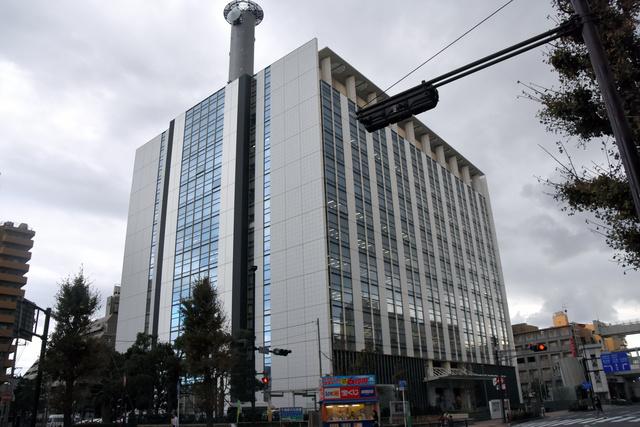Engadget Logo Engadget Japanese ver...
30
04
Engadget Logo Engadget Japanese version AirTag stalking abuse, the real problem is "the police do not take seriously" reports
There have been some reports of suspicions that Apple's drop tracking tag AirTag was used on stalkers, but the abuse of these tracker products is not new or unique to Apple. The real problem is reportedly not being adequately addressed by law enforcement agencies such as the police.
Originally, AirTag is a small gadget that you can attach to your belongings and find a place when you lose or drop it. However, by the end of last year, there were reports that people were stalking and that car thieves were being used to track down (car bodies, parts, etc.) later.
The New York Times, dated December 30, also contains testimony from seven women who believe they were stalked by AirTag.
They realized that AirTag could have been abused because the iPhone warned them that a strange AirTag was moving with them (iOS 14.5 and later). AirTag also has a mechanism to notify the existence by making a sound at a certain time when it leaves the paired device, and it was initially 3 days, but later changed to a random time of 8 to 24 hours.
However, because AirTags are small, they can be difficult to find even if they make a sound. In some cases, a policeman scrutinized the car after receiving a warning from a woman who received a warning that seemed to be somewhere in the car, but in the end it was not found.
Eva Galperin of the Electronic Frontier Foundation, an organization that aims to protect the freedom of citizens in the digital world, said AriTag can track detailed and accurate location information using Apple products that it does not have. It's unparalleledly harmful. " It's Apple's own slogan that AirTag uses the huge "find" network created by hundreds of millions of Apple devices.
But Apple Insider points out that it doesn't make much difference that other companies' products also use huge networks for tracking. For example, some devices use LTE networks so that they can track even where GPS signals do not reach.

Most of these other companies' products have no stalking measures, and there is no way to detect or detect that they are being tracked. Still, AirTag has taken measures such as warning and sounding through iPhone and iPad, so it can not be said that it is particularly dangerous. Several media outlets have also reported that Apple is actively cooperating with law enforcement agencies to search for criminals.
And while some police stations are taking it seriously, most don't seem to. For example, one of the victims was told by the police that the notification (from the iPhone) was not urgent. In addition, she says she was told to bring a suspicious AirTag to the police station.
Another woman was told by police that iPhone notifications weren't enough evidence and that she could only report damage if someone appeared at home. Given the fact that Apple is responding immediately to law enforcement requests for information about the owners of misused AirTags, such a response seems dangerous and irresponsible.
Apple spokespersons have also taken customer safety "very seriously" and "if you feel your safety is at stake, work with Apple to provide information about unknown AirTags. It is advisable to contact the local law enforcement agency that can provide the information. "
Of course, while it is expected that safety measures will be strengthened such as making it easier for Apple to find suspicious AirTag and making it easier to use the AirTag detection application for Android, the law enforcement agency side is also expected to be a stalker case in the 21st century. Efforts to deal with it are likely to be required.
Source: The New York Times
via: AppleInsider


![[Kill personally developed games] Top class in app history! Too beautiful water puzzle "a [Q] ua" | Famitsu App for smartphone game information [Kill personally developed games] Top class in app history! Too beautiful water puzzle "a [Q] ua" | Famitsu App for smartphone game information](https://website-google-hk.oss-cn-hongkong.aliyuncs.com/drawing/article_results_7/2022/3/3/66755df992ff2d2b1e1ab43844ef9f88_0.jpeg)





![[Latest in 2021] 10 recommended seat covers for cars!If you want to improve the texture and functionality of the car, choose the mounting type and material. [Latest in 2021] 10 recommended seat covers for cars!If you want to improve the texture and functionality of the car, choose the mounting type and material.](https://website-google-hk.oss-cn-hongkong.aliyuncs.com/drawing/article_results_7/2022/3/3/e5b44589e77141f3a633189165fb6f60_0.jpeg)